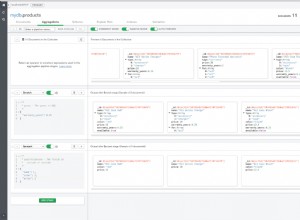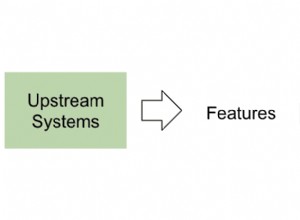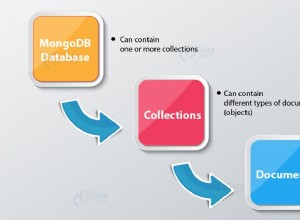"assíncrono " é um módulo muito popular para abstrair loops assíncronos e tornar seu código mais fácil de ler/manter. Por exemplo:
var async = require('async');
function getHonorStudentsFrom(stuObjList, callback) {
var honorStudents = [];
// The 'async.forEach()' function will call 'iteratorFcn' for each element in
// stuObjList, passing a student object as the first param and a callback
// function as the second param. Run the callback to indicate that you're
// done working with the current student object. Anything you pass to done()
// is interpreted as an error. In that scenario, the iterating will stop and
// the error will be passed to the 'doneIteratingFcn' function defined below.
var iteratorFcn = function(stuObj, done) {
// If the current student object doesn't have the 'honor_student' property
// then move on to the next iteration.
if( !stuObj.honor_student ) {
done();
return; // The return statement ensures that no further code in this
// function is executed after the call to done(). This allows
// us to avoid writing an 'else' block.
}
db.collection("students").findOne({'_id' : stuObj._id}, function(err, honorStudent)
{
if(err) {
done(err);
return;
}
honorStudents.push(honorStudent);
done();
return;
});
};
var doneIteratingFcn = function(err) {
// In your 'callback' implementation, check to see if err is null/undefined
// to know if something went wrong.
callback(err, honorStudents);
};
// iteratorFcn will be called for each element in stuObjList.
async.forEach(stuObjList, iteratorFcn, doneIteratingFcn);
}
Então você poderia usar assim:
getHonorStudentsFrom(studentObjs, function(err, honorStudents) {
if(err) {
// Handle the error
return;
}
// Do something with honroStudents
});
Observe que .forEach() chamará sua função iteradora para cada elemento em stuObjList "em paralelo" (ou seja, não esperará que uma função iteradora termine de ser chamada para um elemento da matriz antes de chamá-la no próximo elemento da matriz). Isso significa que você não pode realmente prever a ordem em que as funções do iterador - ou mais importante, as chamadas do banco de dados - serão executadas. Resultado final:ordem imprevisível de alunos de honra. Se o pedido for importante, use o .forEachSeries() função.




